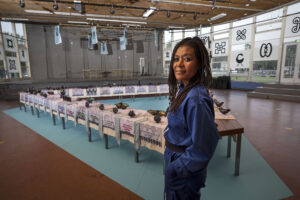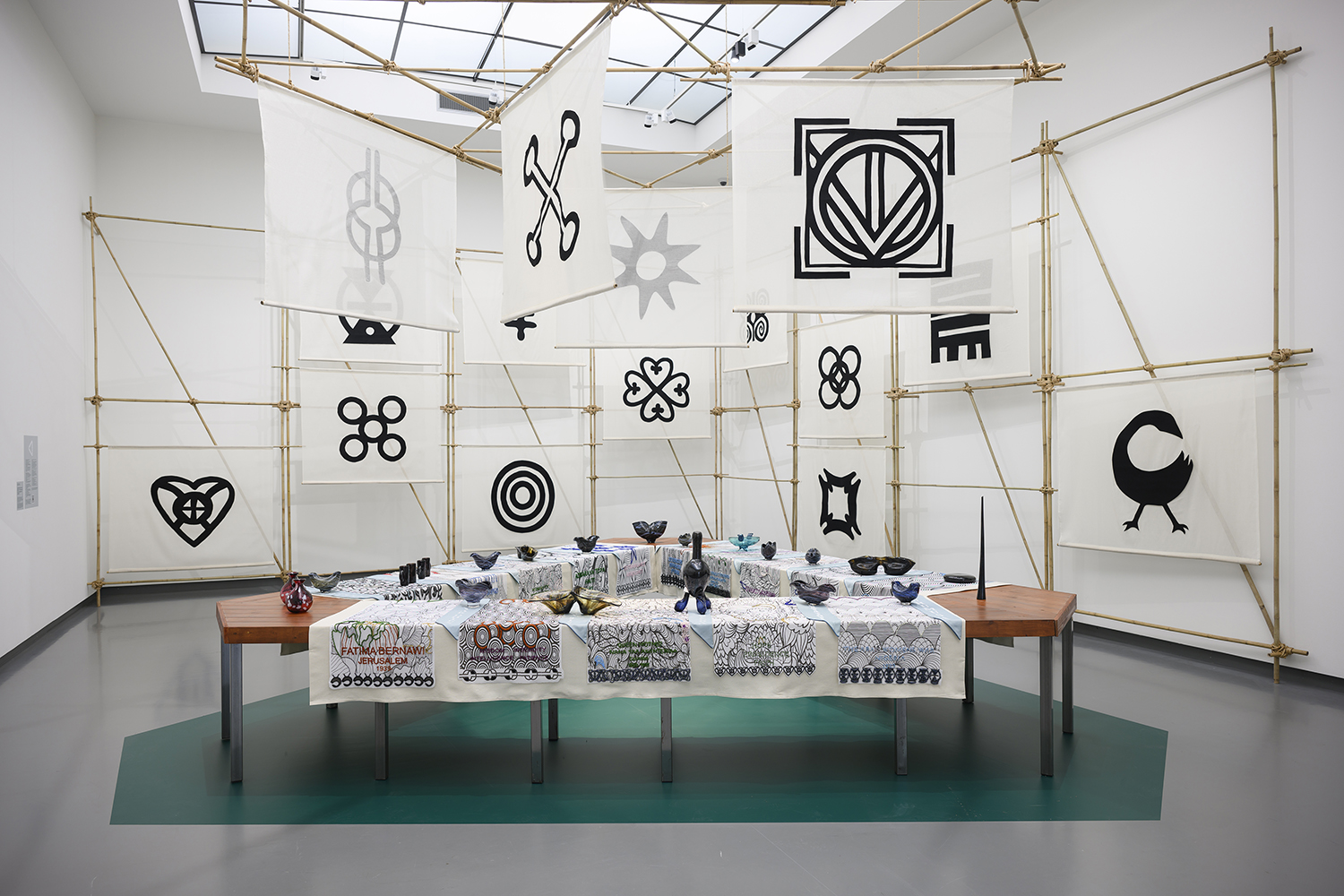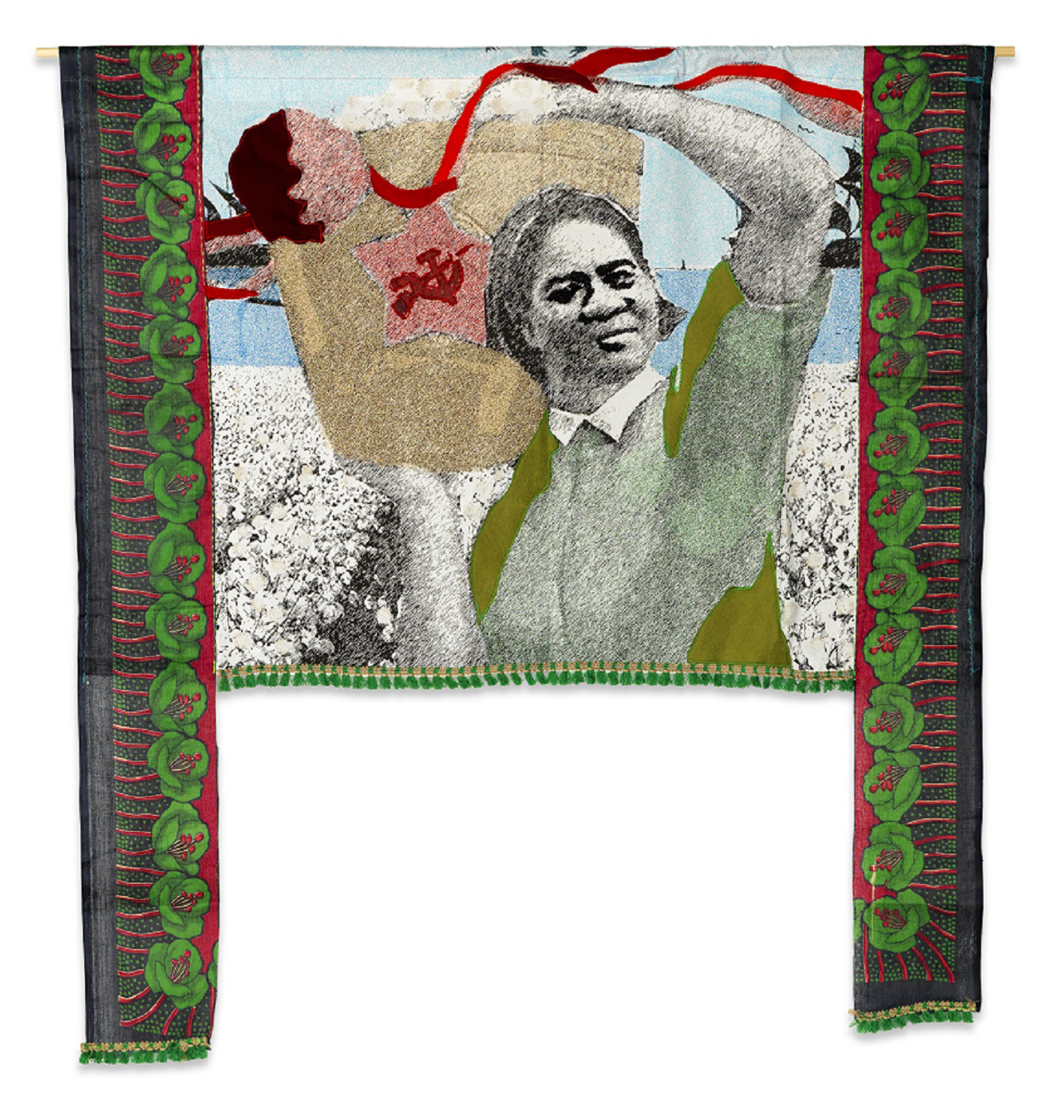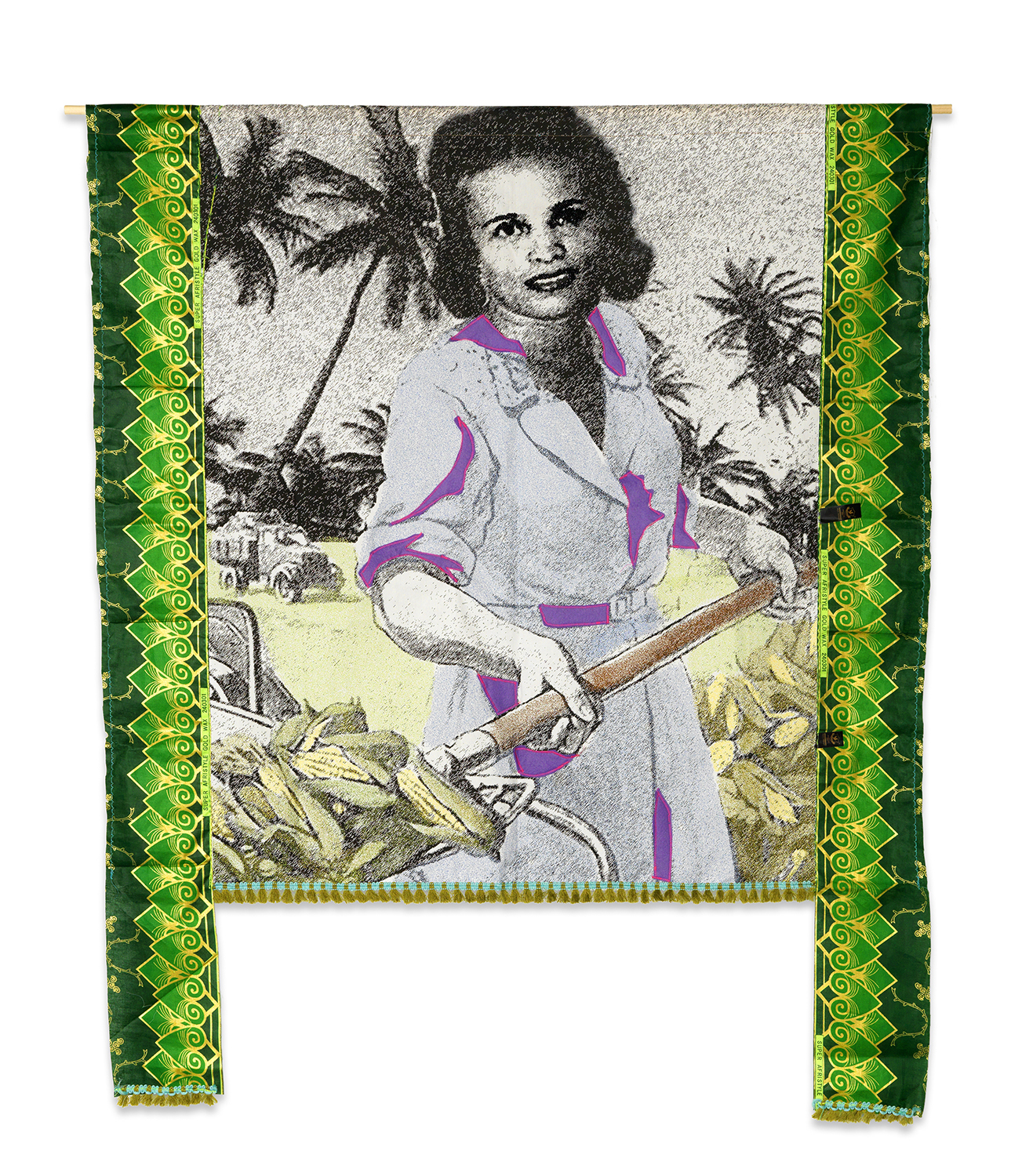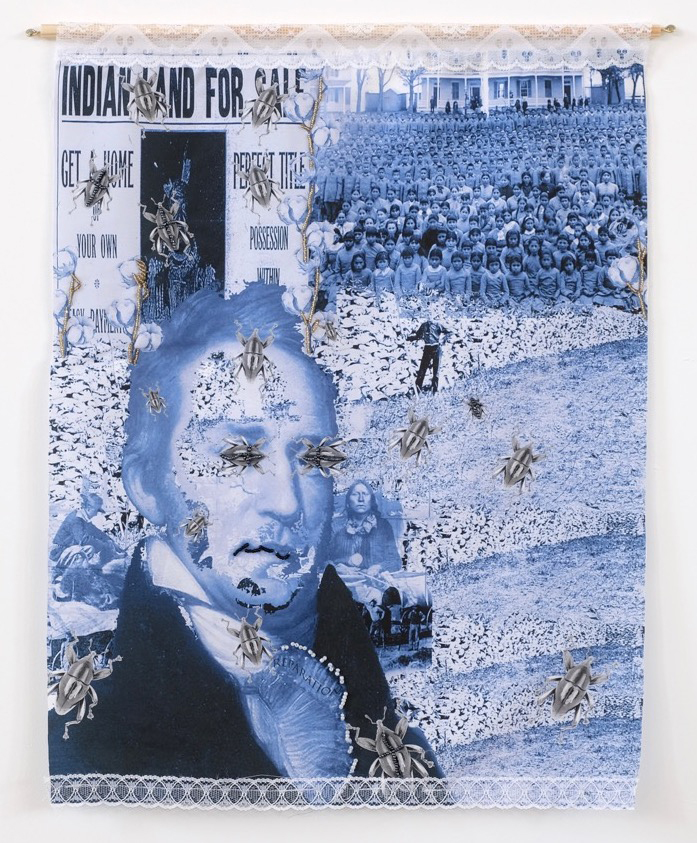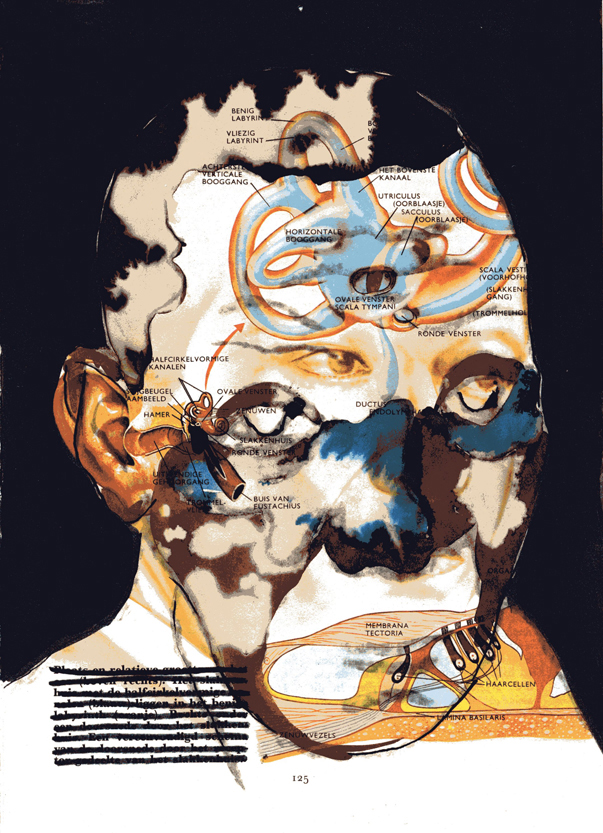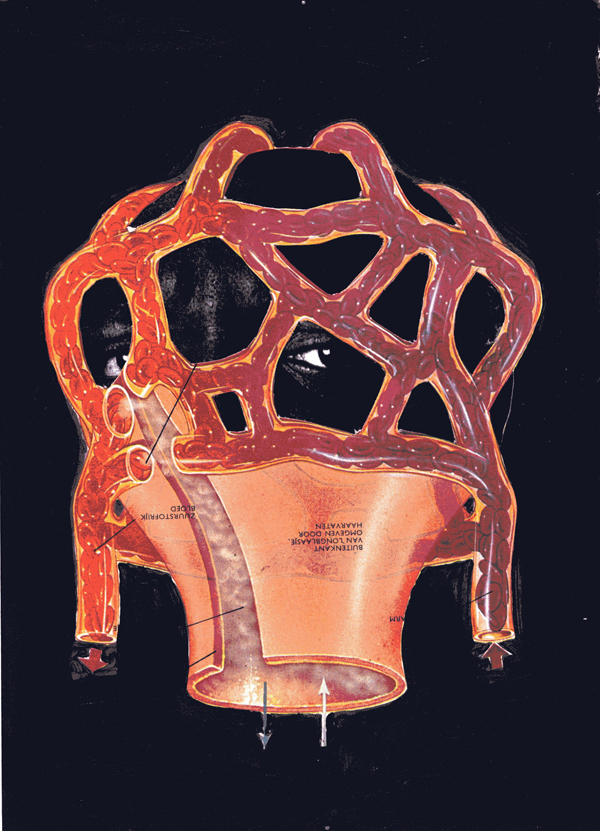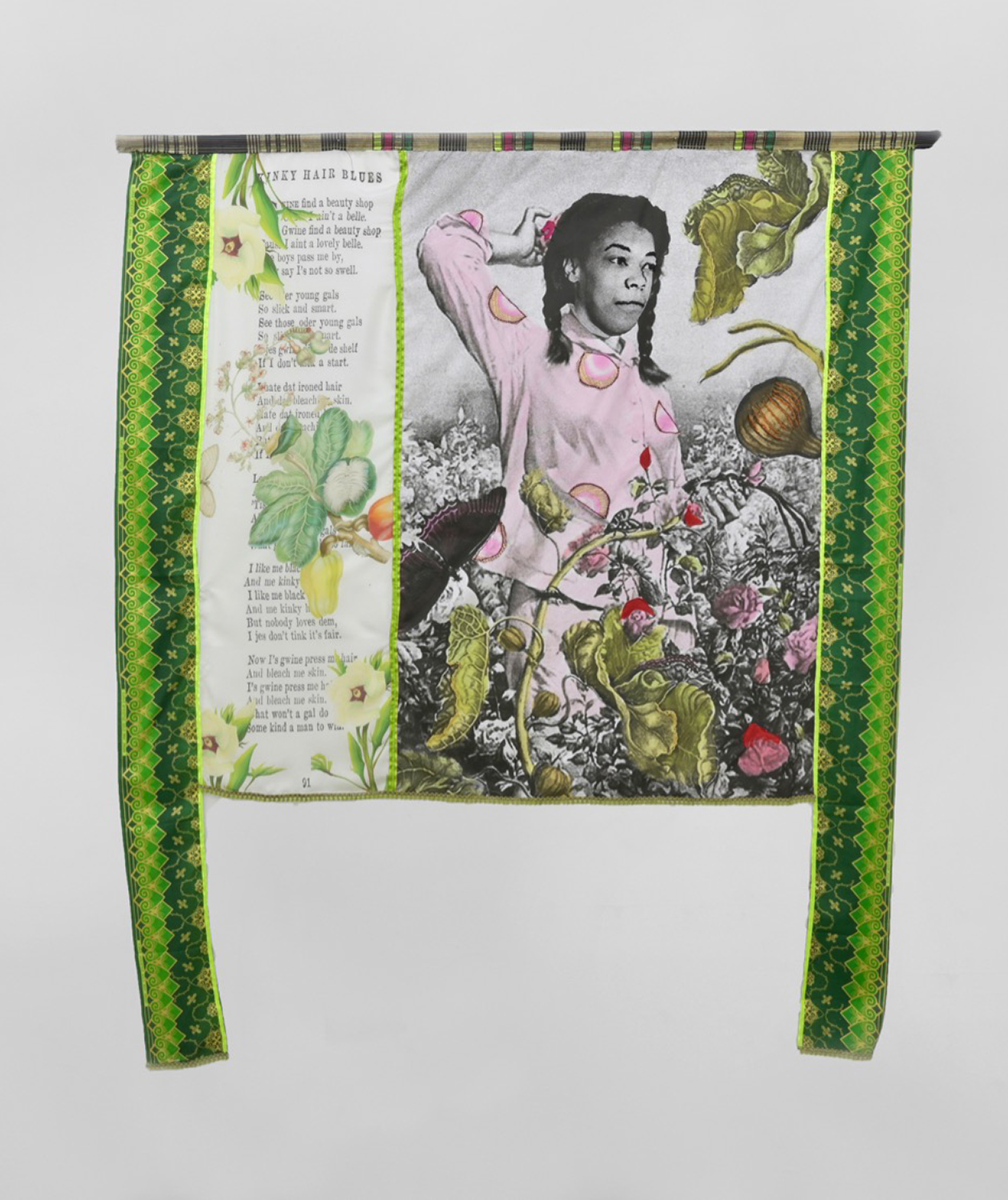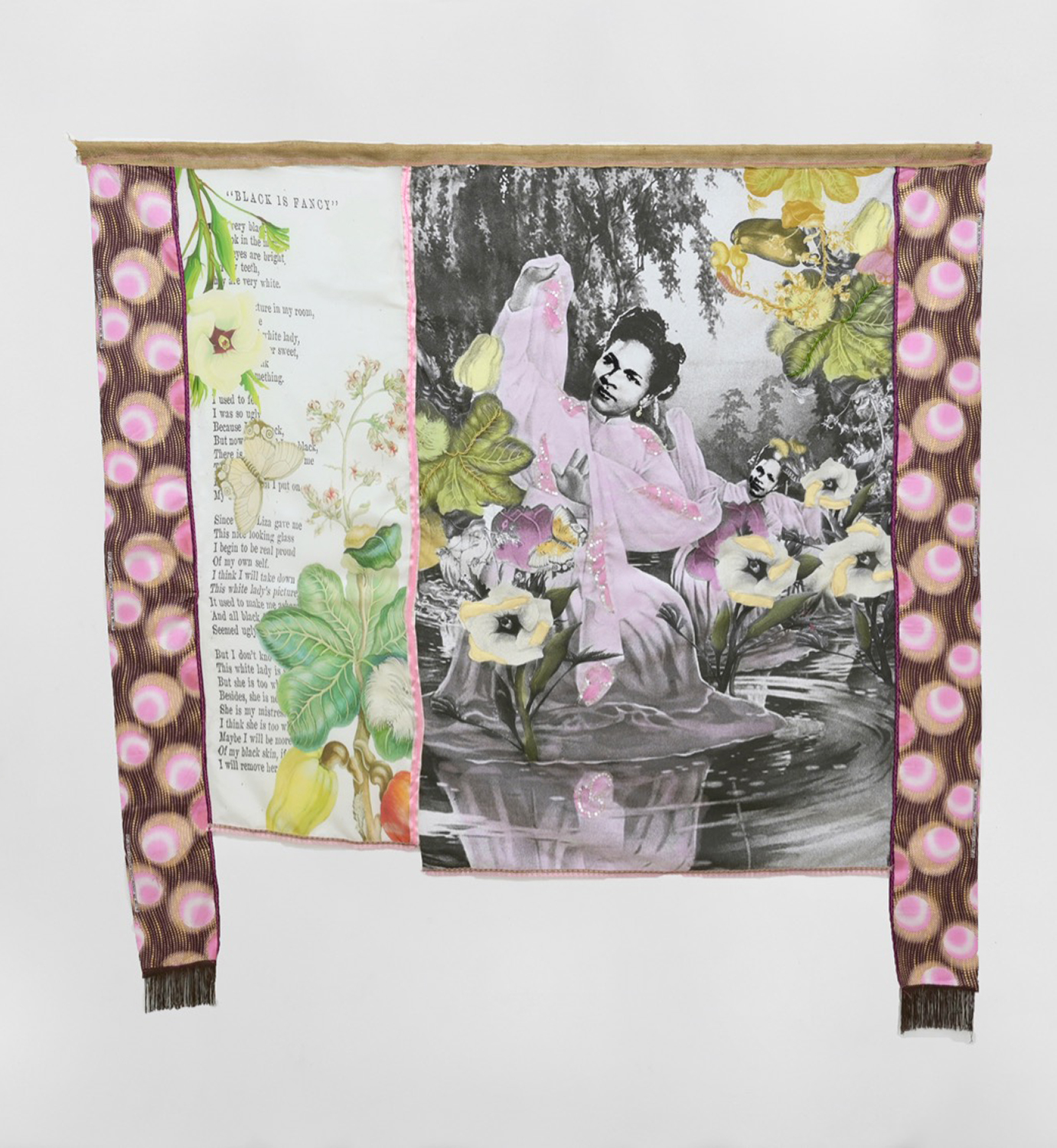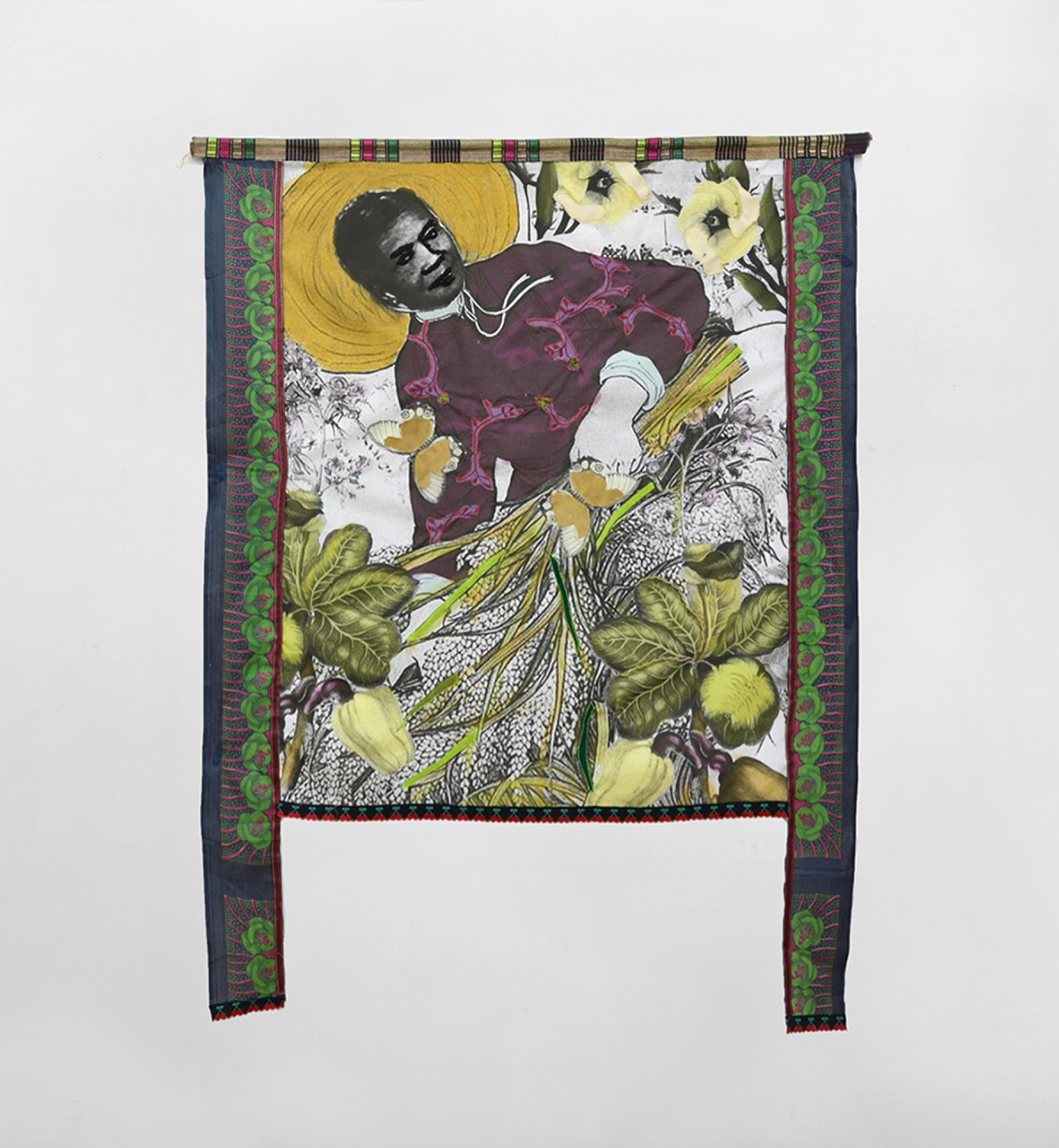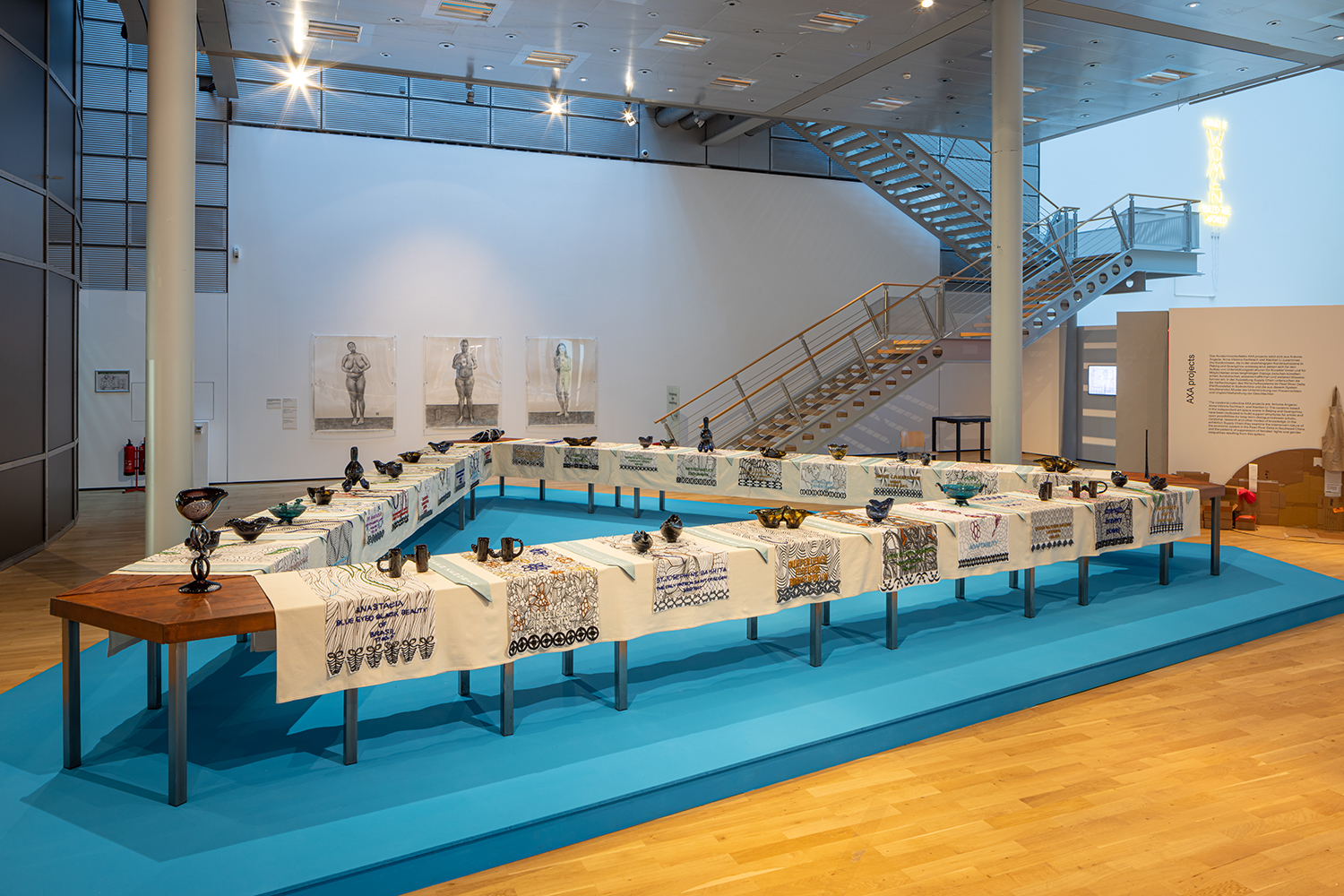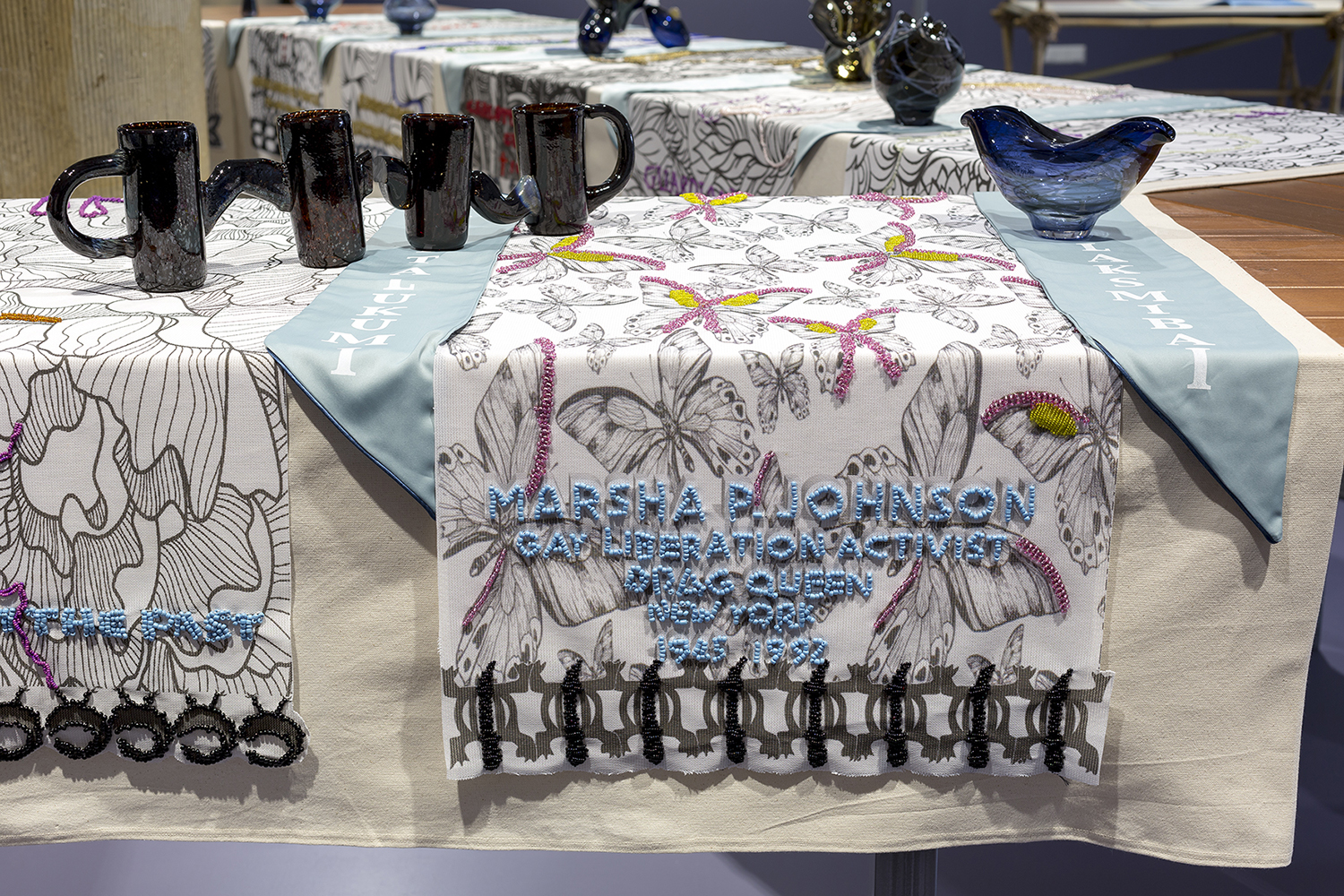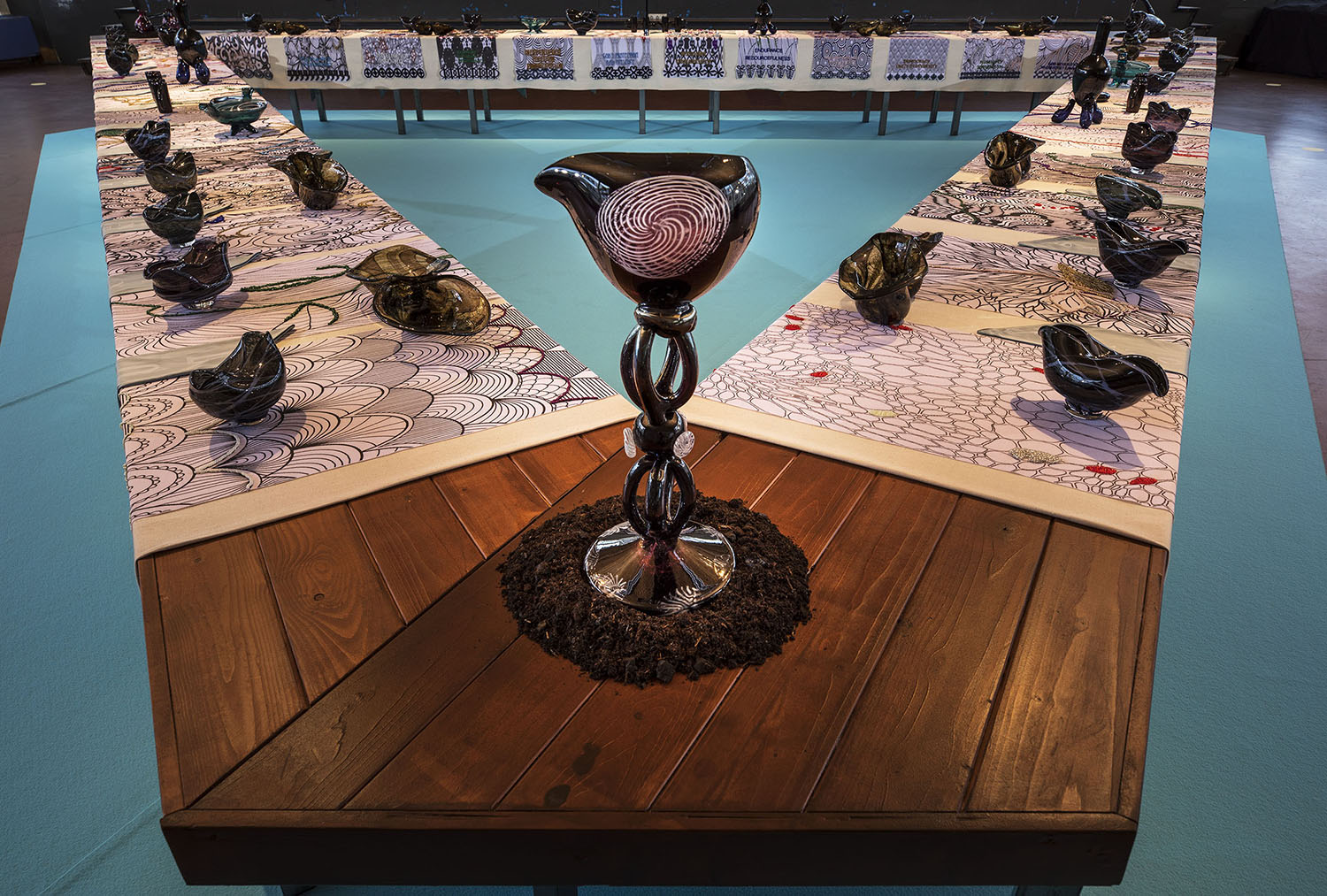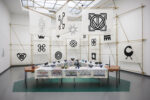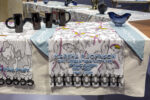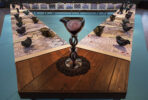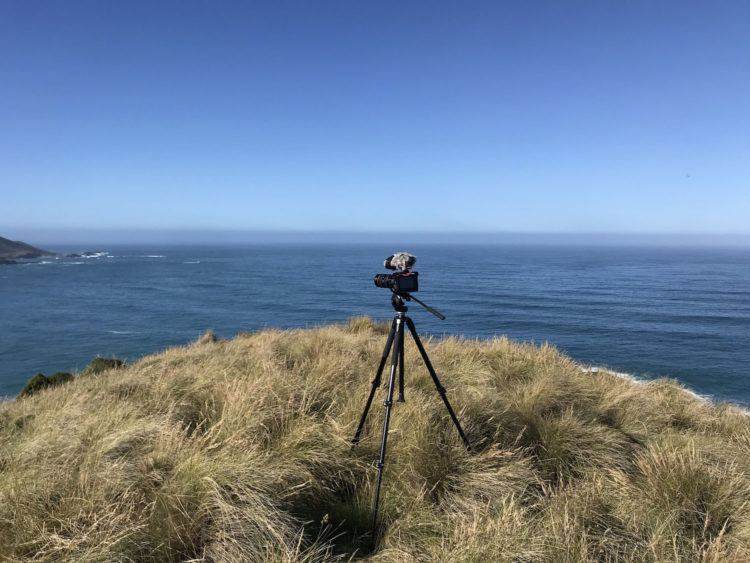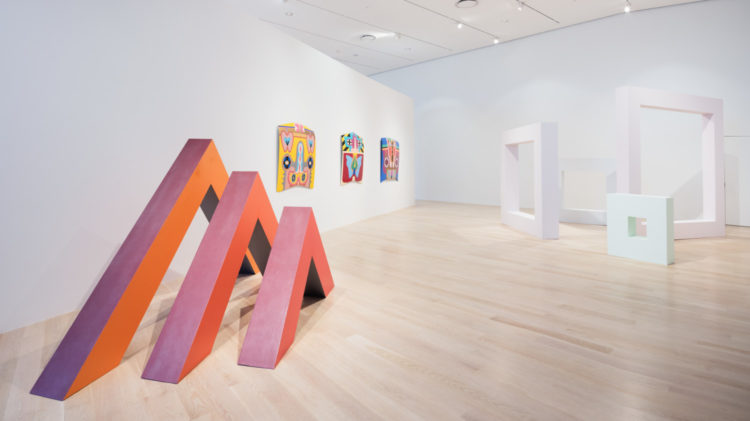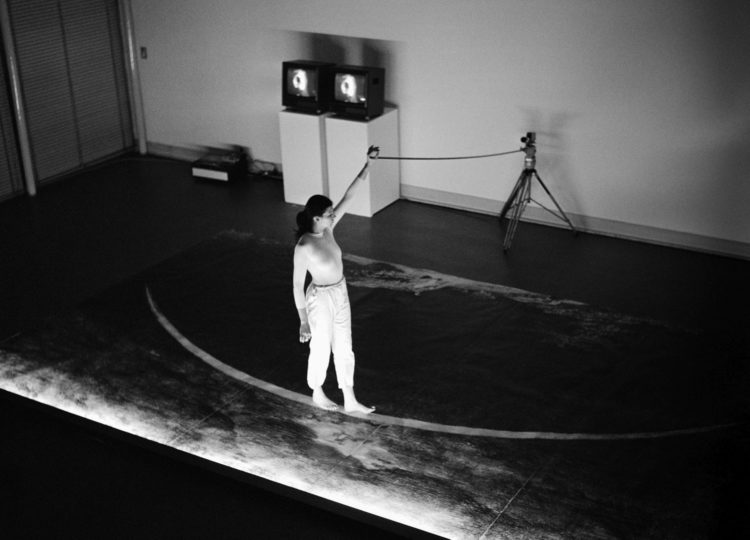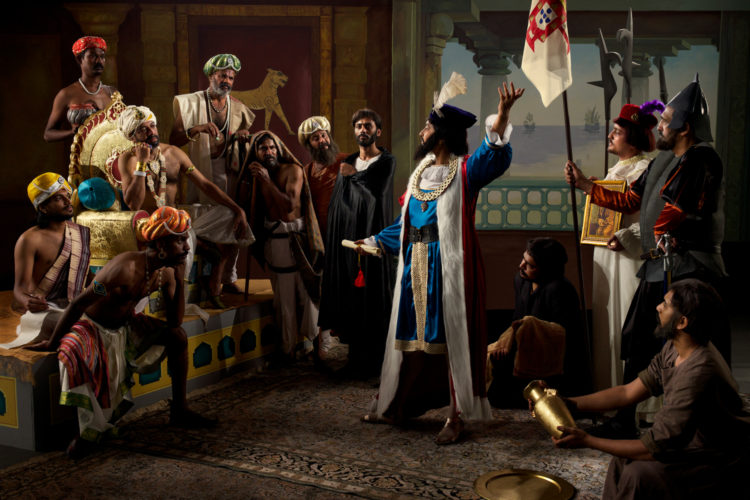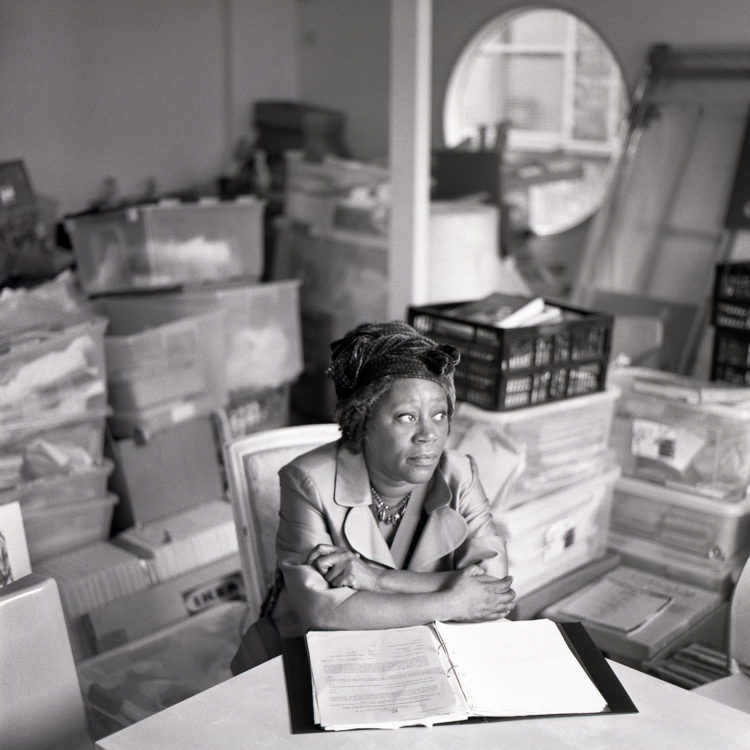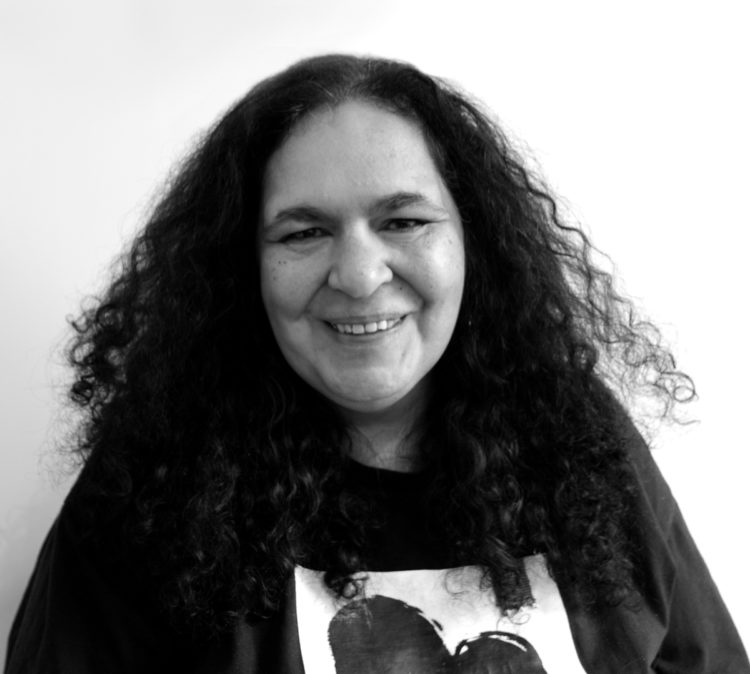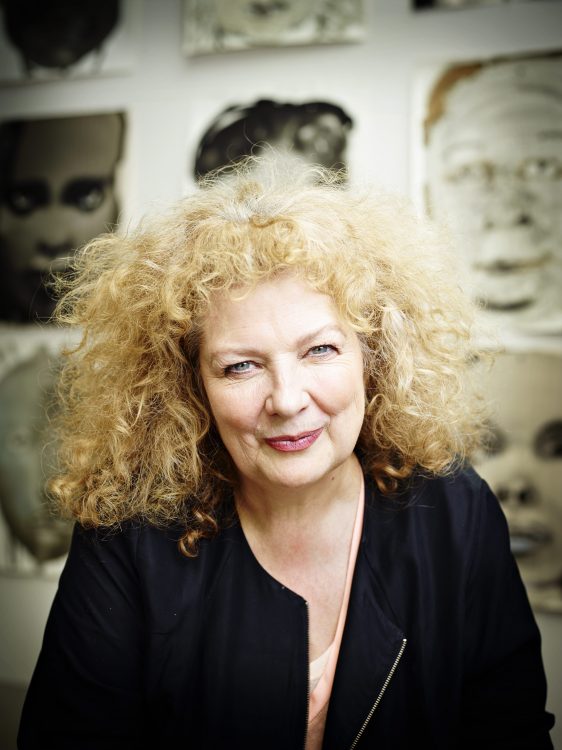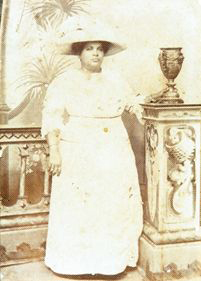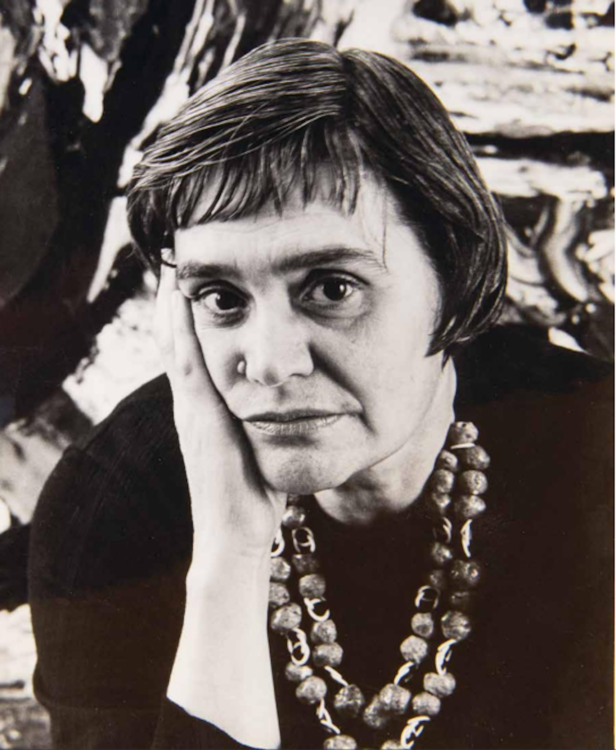Patricia Kaersenhout
Open-Ended Visions of Possibilities. Patricia Kaersenhout, Prinsenbeek: Jap Sam Books, 2023.
→Patricia Kaersenhout – Guess Who’s Coming to Dinner Too?, exh. cat., De Appel Centre for Contemporary Art, Amsterdam (October 5 – December 1, 2019), Amsterdam, De Appel Centre for Contemporary Art, 2019.
→Invisible Men: Work on Paper, The Hague: Eindeloos, 2009.
Patricia Kaersenhout: The Third Dimension, CBK Zuidoost, Amsterdam, October 7 – November 20, 2022.
→Guess Who’s Coming to Dinner Too?, De Appel Centre for Contemporary Art, Amsterdam, October 5 – December 1, 2019.
→Patricia Kaersenhout, Objects of Love and Desire, Wilfried Lentz Gallery, Rotterdam, February 6 – March 24, 2019.
Dutch Surinamese artist and activist.
Patricia Kaersenhout is an Afro-Dutch artist and activist of Surinamese descent. Her practice expands across multiple mediums and geographies. Interested in the ongoing legacies of slavery and colonialism, P. Kaersenhout explores questions of race, sexuality, gender and religion. In her work, she traces the often-negated stories of the African diaspora through an artistic, social practice rooted in the politics of care. P. Kaersenhout studied Social Sciences at the Sociale Academie De Aemstelhorn Amsterdam and Fine Arts at the Gerrit Rietveld Academie in Amsterdam. She is widely exhibited in the Netherlands and has participated in various international shows. P. Kaersenhout frequently lectures for the Middelburg Decolonial Summer School and regularly contributes to Be.Bop (Black Europe Body Politics) curated by Alanna Lockward.
P. Kaersenhout works in various media, including textile, painting, performance, film and installation. Informed by her Surinamese background and by virtue of growing up in a Western European culture, her artistic journey surveys critical questions about invisibility, power and historical narratives. Inspired byRalph Ellison’s book Invisible Man (1952), earlier work, such as Invisible Men (2007) and For Coloured Girls (2010), explores what invisibility means and how it operates. Toni Morrison asked of R. Ellison’s Invisible Man, “Invisible to whom?” Similarly, P. Kaersenhout returns to this question throughout her practice. P. Kaersenhout’s film Le retour des femmes colibris (2022), centres on five women who played an important and yet forgotten role in the Négritude movement. Her work draws on multi-layered research about place, belonging, diaspora and memory.
Inspired by ideas of the collective and collaboration, P. Kaersenhout’s solo show Proud Rebels at the CBK Zuidoost in 2015 was a landmark exhibition honouring the ongoing work and legacies of the Black, Migrant, and Refugee Feminist Movement in the Netherlands. The nine large-scale textile portraits that make up the series resemble a 19th-century hall of honour. Taking Black feminist activism as a point of departure, P. Kaersenhout invites audiences to contemplate how they are implicated in the ongoing aftermath of the Dutch Empire.
P. Kaersenhout is known to address white cube power dynamics within museum spaces in the Netherlands. With Guess Who’s Coming to Dinner Too? (2017-), an artistic critique of Judy Chicago’s The Dinner Party (1979), she interrupts mainstream white art historical narratives. The work celebrates Black women and women of colour who have been locked out of the mainstream. Here P. Kaersenhout’s collaborative work once more comes to the fore. The project was carried out in collaboration with multiple cultural institutions, all run by women: AGA LAB, GildeLab and WOW Amsterdam. The table is a carefully constructed ensemble, including textile and glasswork.
P. Kaersenhout’s work is held in the collections of, amongst others, the Frans Hals Museum, Haarlem; Centraal Museum, Utrecht; Stedelijk Museum Amsterdam; and Van Abbemuseum, Eindhoven. Her work has been exhibited at Art Basel Miami, CBK Zuidoost, Amsterdam; Centraal Museum, Utrecht, TENT Rotterdam; Palais de Tokyo, Paris; SAVVY Contemporary, Berlin; and Stedelijk Museum Amsterdam.
A biography produced as part of the project “Related” : Netherlands – Caribbean (XIXth c. – Today)
© Archives of Women Artists, Research and Exhibitions, 2023


